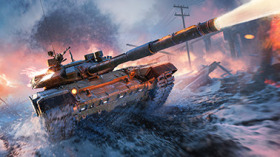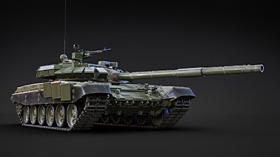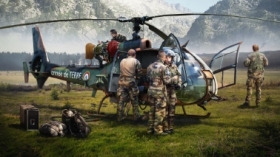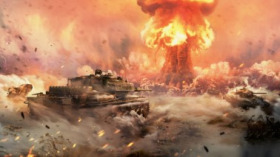
- For PC
- For MAC
- For Linux
- OS: Windows 10 (64 bit)
- Processor: Dual-Core 2.2 GHz
- Memory: 4GB
- Video Card: DirectX 11 level video card: AMD Radeon 77XX / NVIDIA GeForce GTX 660. The minimum supported resolution for the game is 720p.
- Network: Broadband Internet connection
- Hard Drive: 23.1 GB (Minimal client)
- OS: Windows 10/11 (64 bit)
- Processor: Intel Core i5 or Ryzen 5 3600 and better
- Memory: 16 GB and more
- Video Card: DirectX 11 level video card or higher and drivers: Nvidia GeForce 1060 and higher, Radeon RX 570 and higher
- Network: Broadband Internet connection
- Hard Drive: 75.9 GB (Full client)
- OS: Mac OS Big Sur 11.0 or newer
- Processor: Core i5, minimum 2.2GHz (Intel Xeon is not supported)
- Memory: 6 GB
- Video Card: Intel Iris Pro 5200 (Mac), or analog from AMD/Nvidia for Mac. Minimum supported resolution for the game is 720p with Metal support.
- Network: Broadband Internet connection
- Hard Drive: 22.1 GB (Minimal client)
- OS: Mac OS Big Sur 11.0 or newer
- Processor: Core i7 (Intel Xeon is not supported)
- Memory: 8 GB
- Video Card: Radeon Vega II or higher with Metal support.
- Network: Broadband Internet connection
- Hard Drive: 62.2 GB (Full client)
- OS: Most modern 64bit Linux distributions
- Processor: Dual-Core 2.4 GHz
- Memory: 4 GB
- Video Card: NVIDIA 660 with latest proprietary drivers (not older than 6 months) / similar AMD with latest proprietary drivers (not older than 6 months; the minimum supported resolution for the game is 720p) with Vulkan support.
- Network: Broadband Internet connection
- Hard Drive: 22.1 GB (Minimal client)
- OS: Ubuntu 20.04 64bit
- Processor: Intel Core i7
- Memory: 16 GB
- Video Card: NVIDIA 1060 with latest proprietary drivers (not older than 6 months) / similar AMD (Radeon RX 570) with latest proprietary drivers (not older than 6 months) with Vulkan support.
- Network: Broadband Internet connection
- Hard Drive: 62.2 GB (Full client)
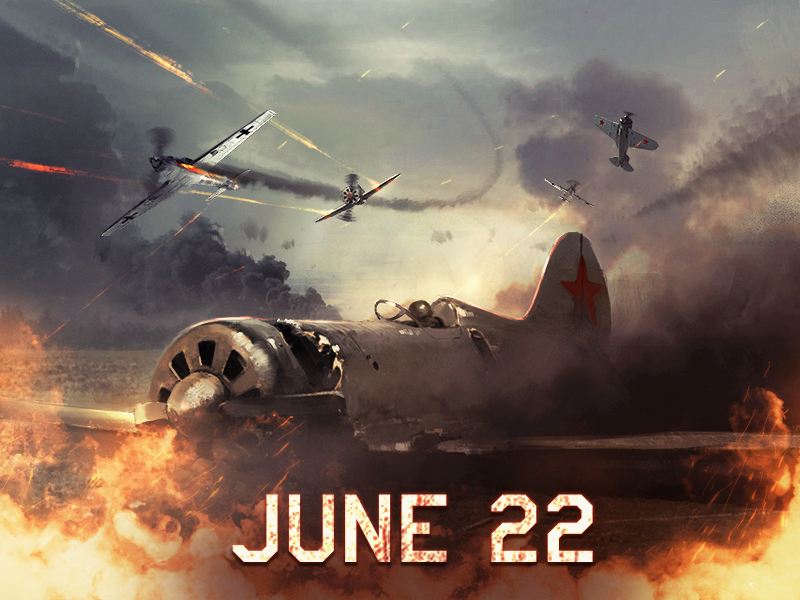
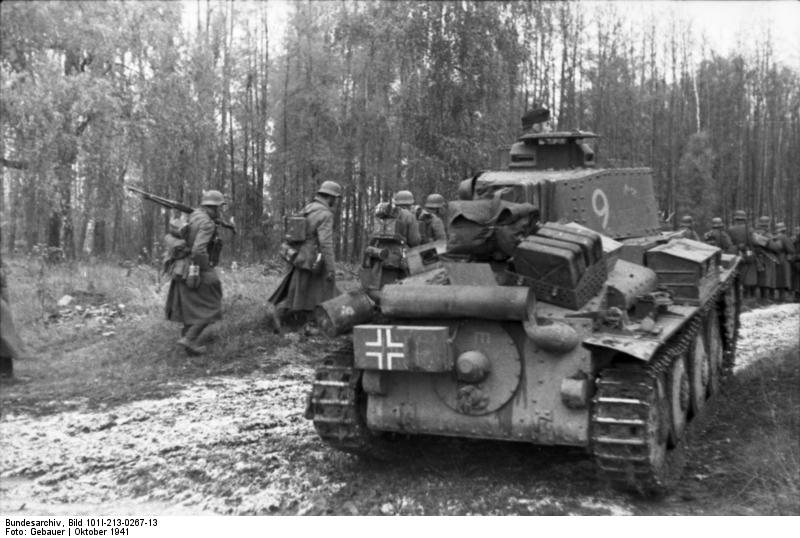
German troops with Pz 38(t) advancing towards Moscow, October 1941
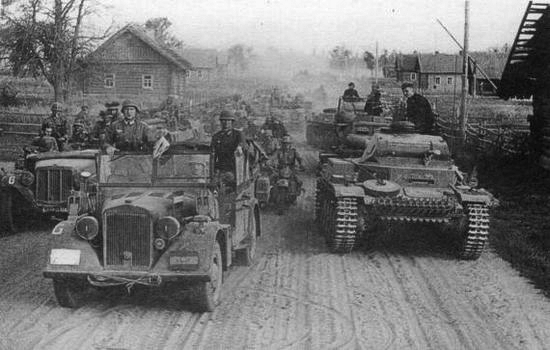
Under the codename Operation "Barbarossa (German: Unternehmen Barbarossa, literally "Operation Barbarossa")", Nazi Germany invaded the Soviet Union on June the 22nd, 1941, in the largest German military operation of World War II.
During the period of the operation, approximately four million soldiers of the Axis powers invaded the USSR along a 2,900 km (1,800 mile) front, it was the largest invasion ever organised in the entire history of warfare. In addition to troops, Barbarossa used about 600,000 motor vehicles and 750,000 horses. The complex and massive operation was organised by Hitler's ongoing desire to conquer the Soviet territories as embodied in Generalplan Ost. It marked the beginning of the pivotal phase in deciding the outcome of the war. The German invasion of the Soviet Union caused a high rate of fatalities: 95% of all German Army casualties that occurred from 1941 to 1944, and 65% of all Allied military casualties from the entire war.
Operation Barbarossa was named after Frederick Barbarossa, the medieval Holy Roman Emperor. The invasion was authorized by Hitler on 18th of December, 1940 (Directive No. 21) for a start date of the 15th of May, 1941, but this planned start would not be met, and instead the invasion began on the 22nd of June, 1941.
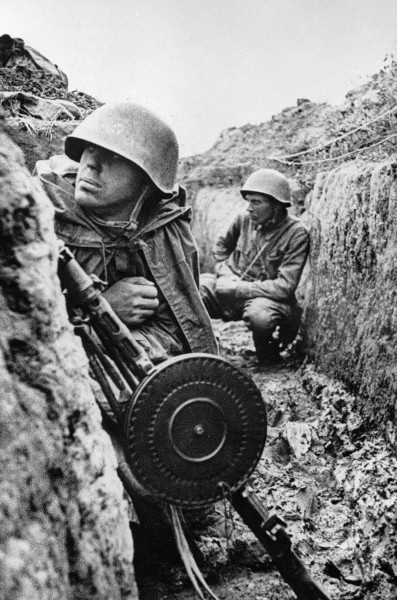
Tactically, the Germans won resounding victories and occupied some of the most important economic areas of the Soviet Union, mainly in Belarus, west of Moscow and the Ukraine. Despite these successes, the German offensive stalled on the outskirts of Moscow and was then pushed back by an impressive Soviet counter offensive without having taken the city. The Germans could not organise another simultaneous offensive along the entire strategic Soviet–German front. The Red Army repelled the Wehrmacht's strongest blow, and forced an unprepared Germany into a war of attrition with the largest nation on Earth.
Attacking the Soviet Union sealed the leader of Germany’s fate, unfortunately, the Soviet Union lost a massive number of it’s population the repercussions of which are still being felt in the post Soviet countries today. Operation Barbarossa was one of the decisive moments of the war in Europe. Despite enormous losses in territory, men and machinery, the Soviets had fought on, and survived.
Soviet Casualties approximated 27 million during World War 2, compare that to the total loss of all involved with World War 2 as 55 million. A number to ponder and learn from.
The War Thunder Team
